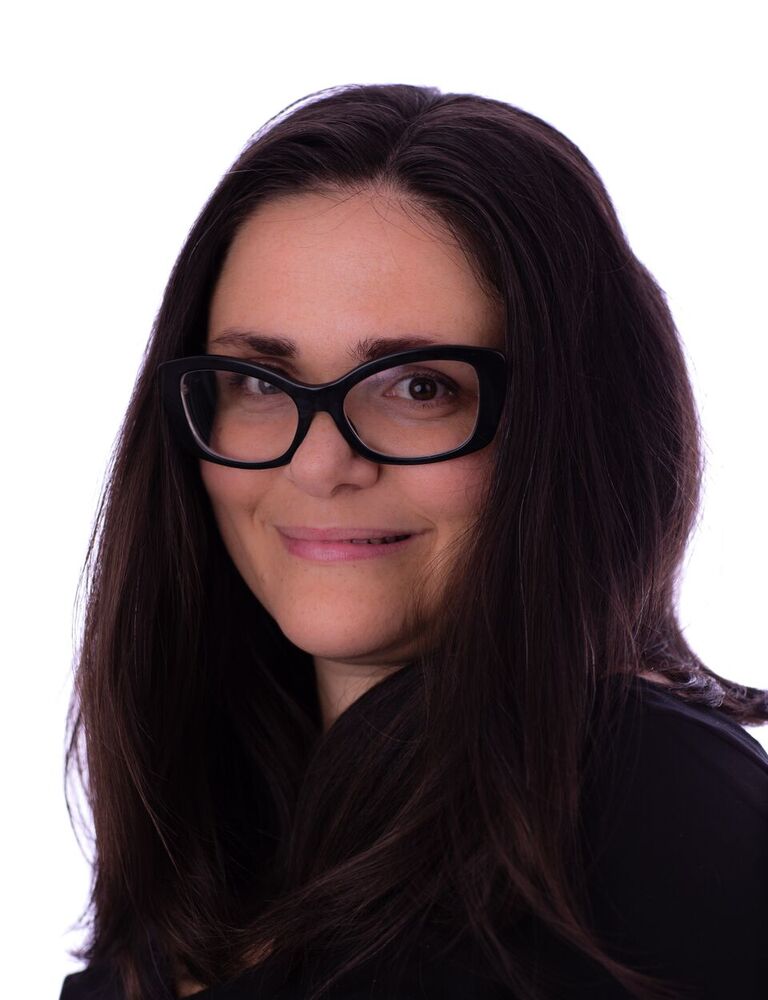

Professor Eleonora Mattiacci is an Assistant Professor of Political Science. Hailing from Italy, Mattiacci holds both a Laurea Triennale and a Laurea Magistrale from Universita’ degli Studi di Bologna and an M.A. and Ph.D. from The Ohio State University.
Q: How did you become interested in international politics?
A: I come from Italy, and in Italy, usually you choose your major before you choose where you’re going to college. It’s different from the United States and it’s often a recipe for disaster, so you really need to be careful before you choose your area of studies. The stakes are high. Political science struck me as the social science that embraced complexity in a way that other social sciences just didn’t. We study individuals at all levels. We study [topics] from public opinion to leadership, and in my case, my subfield is international relations, so we also study how they interact across borders. In order to do that, we often borrow from econ and law and languages and history. As someone who was just starting college, I thought that was the way to go, the coolest thing. And then I just kept being very interested. I went from wanting to read articles and books to wanting to write them.
Q: How has your experience in the United States been different from your experience in Italy?
A: Academically speaking, they’re two very different worlds. It’s more so the Italy and the liberal arts college experiences, and in my own experience it’s quite unique, especially the way Amherst College does it. It was a shock to come to the United States to do a Ph.D. where it’s all about writing about your ideas and talking about your ideas and finding out that it was a language that I wasn’t as good at communicating with as those who had been speaking English for decades. It was a great exercise on learning how to learn again. It was step by step and it was a lot about patience.
Q: What brought you to Amherst?
A: When I finished my Ph.D., I was evaluating two different options, one of which was Amherst. Amherst was like nothing I had ever done before. I had no exposure whatsoever to the liberal arts college life, and I had heard great things about it from colleagues and former students. When you go to conferences and you say, “I’m at Amherst,” people are like, “Whoa.” I just took a risk – I took a gamble. And taking risks is good.
Q: What do you like most about Amherst?
A: I love the students. They’re very, very intellectually curious and they’re very, very focused on what they do and they seem very motivated. My favorite thing is to guide them through their own research, whether it’s the end-of-semester paper or it’s their thesis. Right now I supervise three thesis students. I just love to see them go from sort of a hunch to a fully developed theory that they invested in really early. I also like my colleagues. The junior colleagues are bright and I’m loving them, and the senior colleagues are very nurturing when they advise us and mentor us.
Q: What do you hope to contribute here?
A: I want to raise awareness of global processes. Often times we study countries such as the United States or China or even continents like the European continent or the African continent or regions. We rarely stop and think about the way people come together across borders to work in this sort of global arena. That’s something I really want to contribute — the awareness of the processes — especially as they’re applied to what I do research on, which is war and conflict and why do we witness conflicts across countries at some point in time but not others and how do they compete, for instance, on who gets to have nuclear weapons, on who gets to cut [carbon dioxide] emissions, etc.
Q: What classes are you teaching this semester and next semester? What are they about?
A: This semester I teach a class on international negotiations in climate change. There are two parts. The first part, students and I read cutting-edge research in academia in political science, especially on when and why international negotiations such as the Paris Accord work or don’t work. In the second part of the class, we build on active learning strategies to put into practice what we’ve learned. We use simulations, we use deep dives, we use case studies to shift from reading to actually doing. Next semester I teach a class called “Wars and Refugees” where we investigate where refugees come from, what do international conventions say about their place in the world and how they affect both the country of origin and the country of destination.
Q: What do you consider unique about your teaching style?
A: My goal in teaching — I don’t know how unique this is, I don’t think it’s unique — is to involve students as much as possible and hear their voices as much as I can: Socratic method, presentations, discussions. I also make terrible jokes, and you have to laugh because it’s a captive audience, so maybe that’s what’s unique.
Q: What do you like to do in your spare time?
A: What I love to do, my true passion, is listening to podcasts. I want to listen to a wide scope of podcasts: Fresh Air for instance, some radio shows, SpyCast, Freakonomics, New Books. That’s what I love doing.